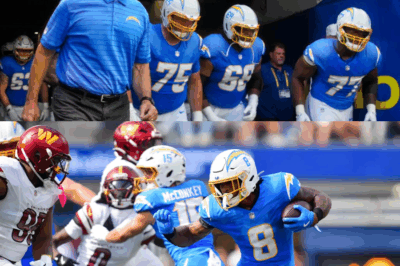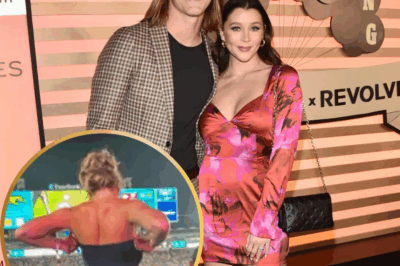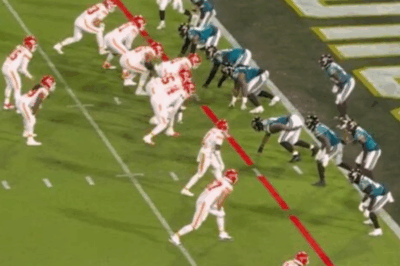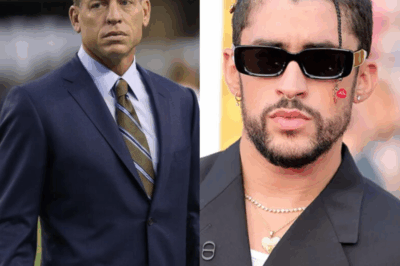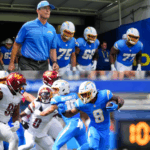A’ja Wilson Responds to Caitlin Clark’s Comments on White Privilege: A Deep Dive into Race, Representation, and the WNBA
Introduction: A Conversation That Resonates Beyond Sports
The discussion surrounding race, privilege, and representation in sports has been a long-standing issue.
The WNBA, as one of the most diverse professional sports leagues, has often been at the center of this conversation.
Recently, this discourse intensified when WNBA superstar A’ja Wilson responded to Caitlin Clark’s candid remarks about white privilege, igniting a broader discussion about racial disparities in professional basketball.
Clark, one of the most celebrated college basketball players and now a prominent WNBA figure, acknowledged the privilege associated with being a white athlete in a league predominantly composed of Black women.
Her comments, while praised by many, also drew criticism, making Wilson’s perspective particularly relevant in this evolving conversation.
Caitlin Clark’s Statement on White Privilege
In December 2024, Caitlin Clark was named TIME Magazine’s Athlete of the Year, a prestigious honor recognizing her exceptional talent and influence in sports.
During the interview, she made a remark that sparked conversations both inside and outside the basketball community:
“I want to say I’ve earned every single thing, but as a white person, there is privilege.”
This statement, while simple, carried significant weight.
Clark acknowledged the systemic advantages that come with being white in professional sports, where Black women often have to work harder for the same recognition and opportunities.
Her comment was seen by many as a progressive step in recognizing racial inequalities within the sport, but it also invited intense scrutiny.
A’ja Wilson’s Response: Acknowledging the Reality
A’ja Wilson, a two-time WNBA MVP and one of the league’s most outspoken voices on racial issues, responded to Clark’s remarks in an interview with TIME. She expressed appreciation for Clark’s willingness to address the subject, calling it a “powerful” acknowledgment of an ongoing issue.
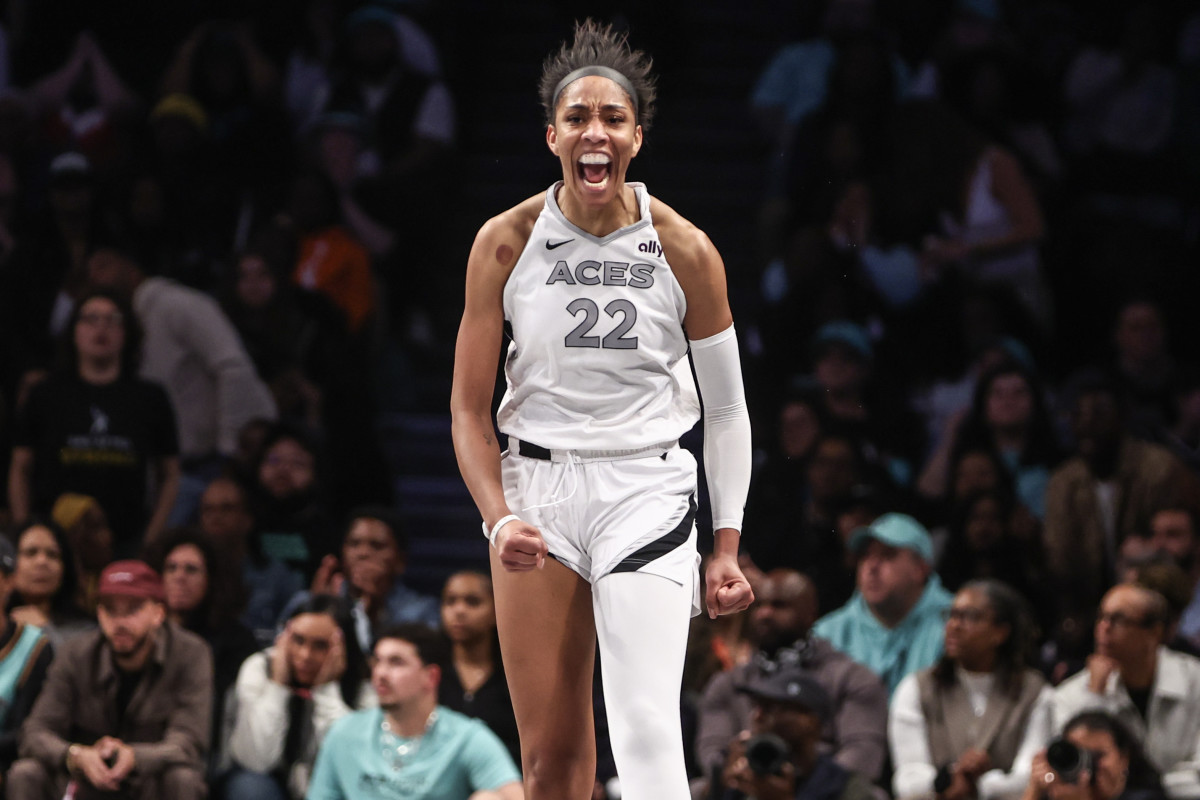
“When we can have our counterparts speak up, it speaks volumes to me because they’re in spaces where my path is never supposed to go.”
Wilson’s response emphasized the importance of allyship in combating racial disparities. Her statement suggests that when white athletes recognize and speak out about privilege, it helps create a more equitable sports culture.
The WNBA has long been a league where race and social justice are openly discussed, and Wilson’s words reinforced the necessity of these conversations.
The Backlash: Mixed Reactions to Clark’s Remarks
While many praised Clark’s honesty, her comments were not universally accepted.
Conservative media personalities, including Megyn Kelly, criticized Clark, calling her statement “condescending” and “performative.”
Kelly, known for her controversial takes on social issues, questioned why Clark would feel the need to mention race in the context of her success.
Other critics argued that Clark should have simply highlighted her hard work and talent without bringing race into the conversation.
Despite this backlash, Clark doubled down on her stance, reaffirming her belief in using her platform to elevate Black women in the WNBA.
“The more we can elevate Black women, that’s going to be a beautiful thing.”
Clark’s unwavering stance signals a shift in the sports world, where athletes are increasingly recognizing their roles in advocating for social justice.
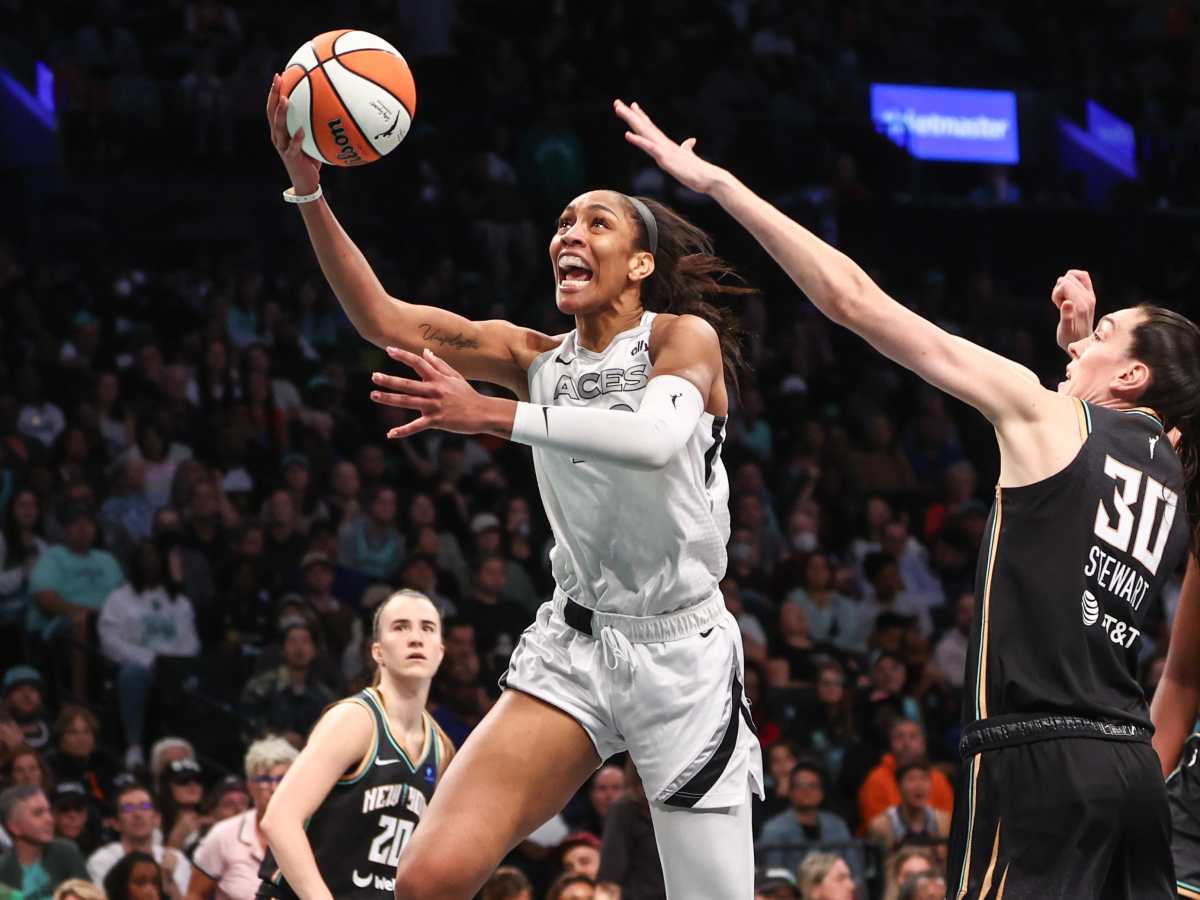
The Bigger Picture: Race and Recognition in the WNBA
Wilson’s response to Clark’s comments is part of a broader discussion about race in professional basketball.
Historically, Black female athletes in the WNBA have struggled for media coverage, sponsorship deals, and mainstream recognition compared to their white counterparts.
1. Media Representation: The WNBA has often faced criticism for the lack of visibility of its Black athletes.
Players like Wilson, Breanna Stewart, and Diana Taurasi have voiced concerns over how white players tend to receive more endorsements and media attention compared to Black players with similar or even superior skill sets.
2. Sponsorship Disparities: A 2023 report on WNBA endorsements revealed that white players often land higher-paying sponsorships than Black players, despite the latter dominating in on-court performance.
This reality underscores the very privilege that Clark acknowledged in her statement.
3. Historical Parallels: The conversation surrounding race and privilege in the WNBA mirrors historical debates in other professional leagues, such as the NBA and women’s tennis, where Black athletes have had to work harder for recognition and equitable treatment.
The Role of Allyship in Changing the Landscape
Wilson’s appreciation of Clark’s comments highlights the critical role of allyship in addressing racial inequities.
When white athletes use their platforms to acknowledge privilege and advocate for racial equality, it helps shift the narrative and create systemic change.
1. The Power of Speaking Up: White athletes acknowledging privilege can help amplify the voices of Black athletes who have long spoken about these issues.
Clark’s statement, while simple, contributes to a larger dialogue that challenges long-standing biases in professional sports.
2. The Impact on Future Generations: By recognizing and discussing privilege, today’s athletes can pave the way for future players to enter a more inclusive and equitable sports environment.
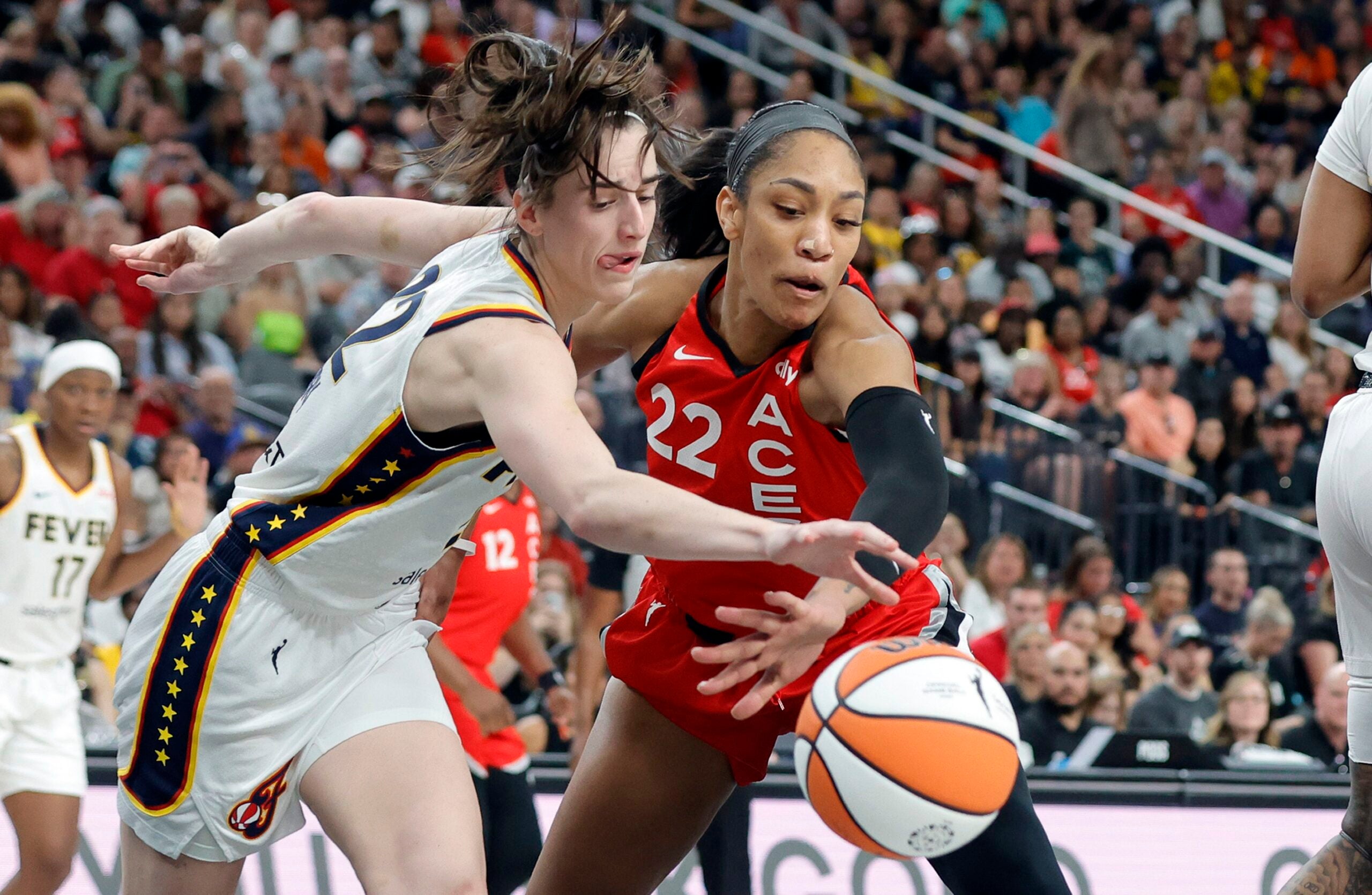
Young Black girls watching the WNBA should see their favorite players receiving the same level of respect and opportunities as their white counterparts.
Conclusion: The Conversation Continues
The discussion surrounding Caitlin Clark’s comments and A’ja Wilson’s response is part of a larger, ongoing conversation about race, privilege, and representation in sports.
While Clark’s statement was met with mixed reactions, it represents a significant moment in the dialogue about racial disparities in the WNBA.
Wilson’s response underscores the importance of acknowledging these disparities and working towards a more inclusive and equitable future for all athletes.
As more players, coaches, and fans engage in these discussions, the hope is that the WNBA—and professional sports in general—will continue to evolve towards a more level playing field.
What’s Next? The WNBA remains at the forefront of social justice conversations, and the league’s players will likely continue to use their platforms to push for change.
As Clark, Wilson, and their peers navigate these discussions, their voices will shape the future of the sport and influence broader societal shifts.
The conversation is far from over. In fact, it may just be getting started.
News
The Chargers are in PANIC MODE. In a desperate response to a devastating injury, they’ve just signed a massive name. You won’t believe who is stepping in.
The Chargers are in PANIC MODE. In a desperate response to a devastating injury, they’ve just signed a massive name….
VIDEO: Marissa Lawrence ERUPTS! Watch the jaw-dropping moment she climbs tables in leopard-print pants, completely losing it for her husband’s epic touchdown.
VIDEO: Marissa Lawrence ERUPTS! Watch the jaw-dropping moment she climbs tables in leopard-print pants, completely losing it for her husband’s…
Mic’d Up Cameras Capture Patrick Mahomes’s Bold Attempt to Influence Referees: A Closer Look at the Viral Video
Mic’d Up Cameras Capture Patrick Mahomes’s Bold Attempt to Influence Referees: A Closer Look at the Viral Video In a…
VIDEO: This Mariners fan didn’t just cheer—she broke the internet. The cameraman knew EXACTLY what he was doing. The video everyone is talking about is inside!
VIDEO: This Mariners fan didn’t just cheer—she broke the internet. The cameraman knew EXACTLY what he was doing. The video…
A leaked VIDEO reveals a shocking behind-the-scenes moment between Molly Querim and Stephen A. Smith that the network tried to keep hidden. See what really happened when the microphone was off.
BREAKING: A leaked VIDEO reveals a shocking behind-the-scenes moment between Molly Querim and Stephen A. Smith that the network tried…
Troy Aikman Drops Bomb on Bad Bunny’s Super Bowl Performance, and It’s Not What Anyone Expected. You Won’t Believe His Reaction.
Amidst the NFL Community’s Criticism of Bad Bunny as a Super Bowl Entertainment Choice, Cowboys Legend Troy Aikman’s Strong Response…
End of content
No more pages to load


